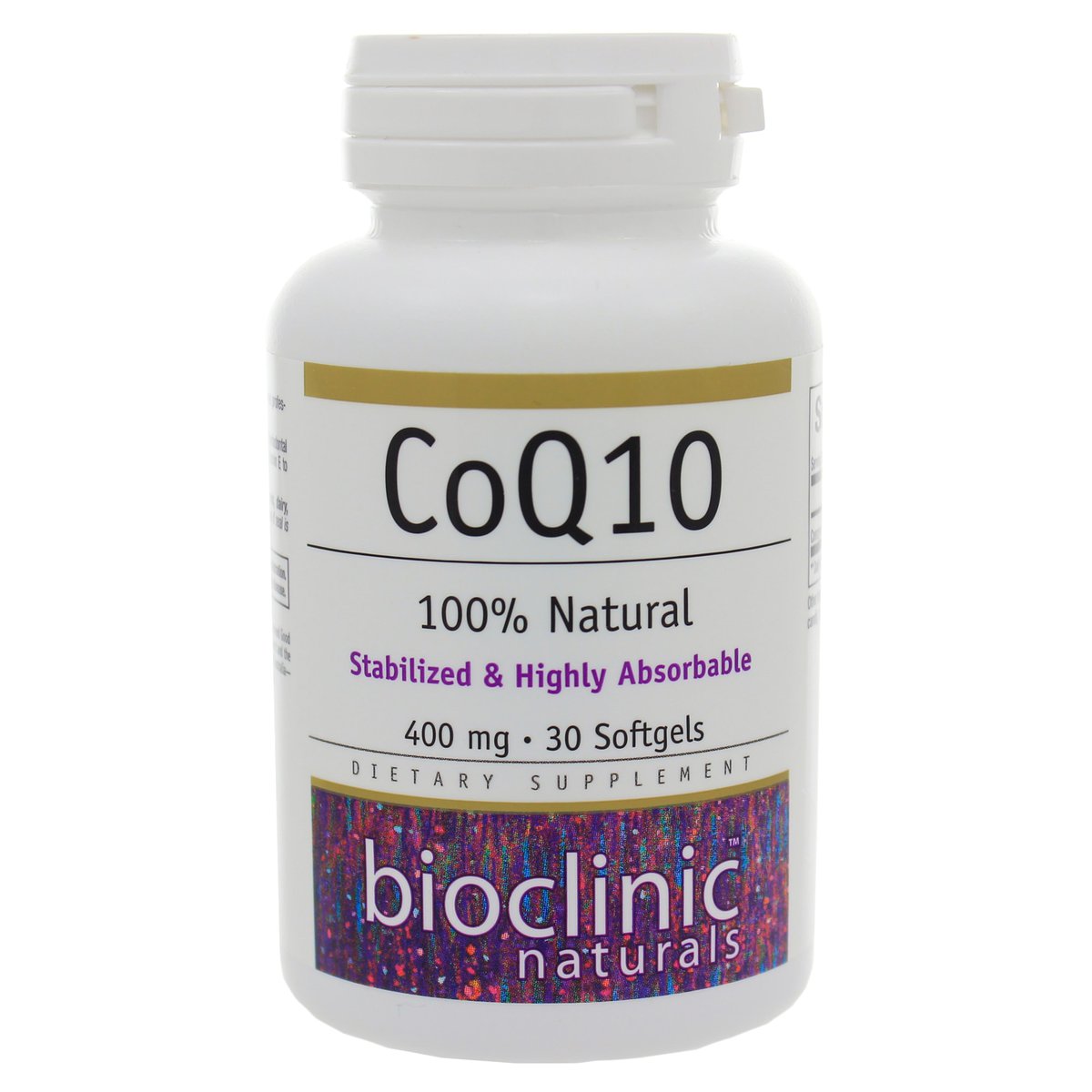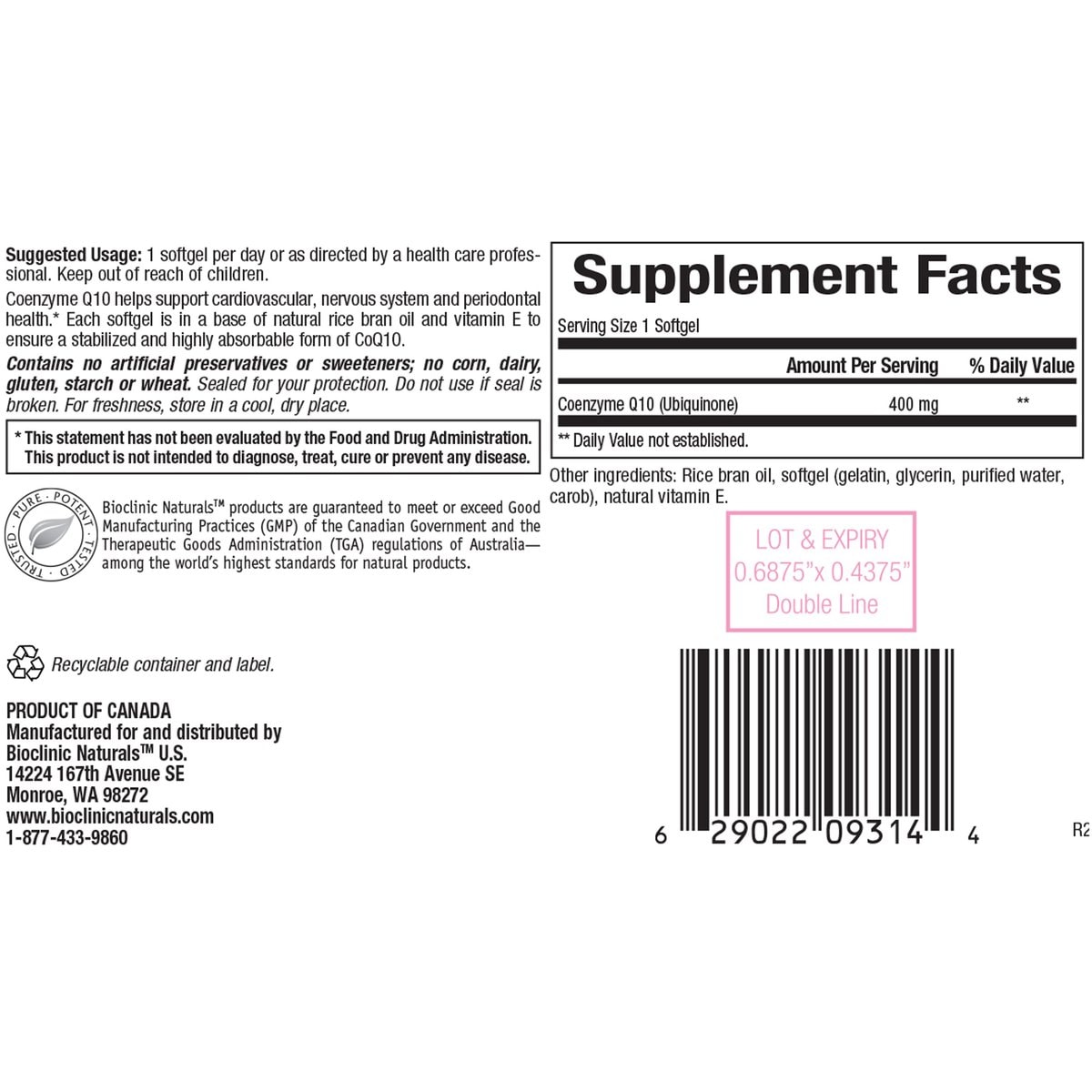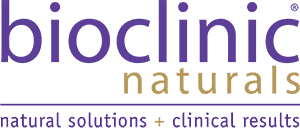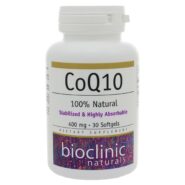1 softgel per day or as directed by a health care professional.
Serving Size: 1 softgel
Amount Per Serving
Coenzyme Q10 … 400mg
(Ubiquinone)
Other Ingredients: Rice bran oil, softgel capsule (gelatin, glycerin, purified water, carob), natural vitamin E.
Product contains no: artificial preservatives or sweeteners; no corn, dairy, gluten, starch or wheat









Reviews
There are no reviews yet.